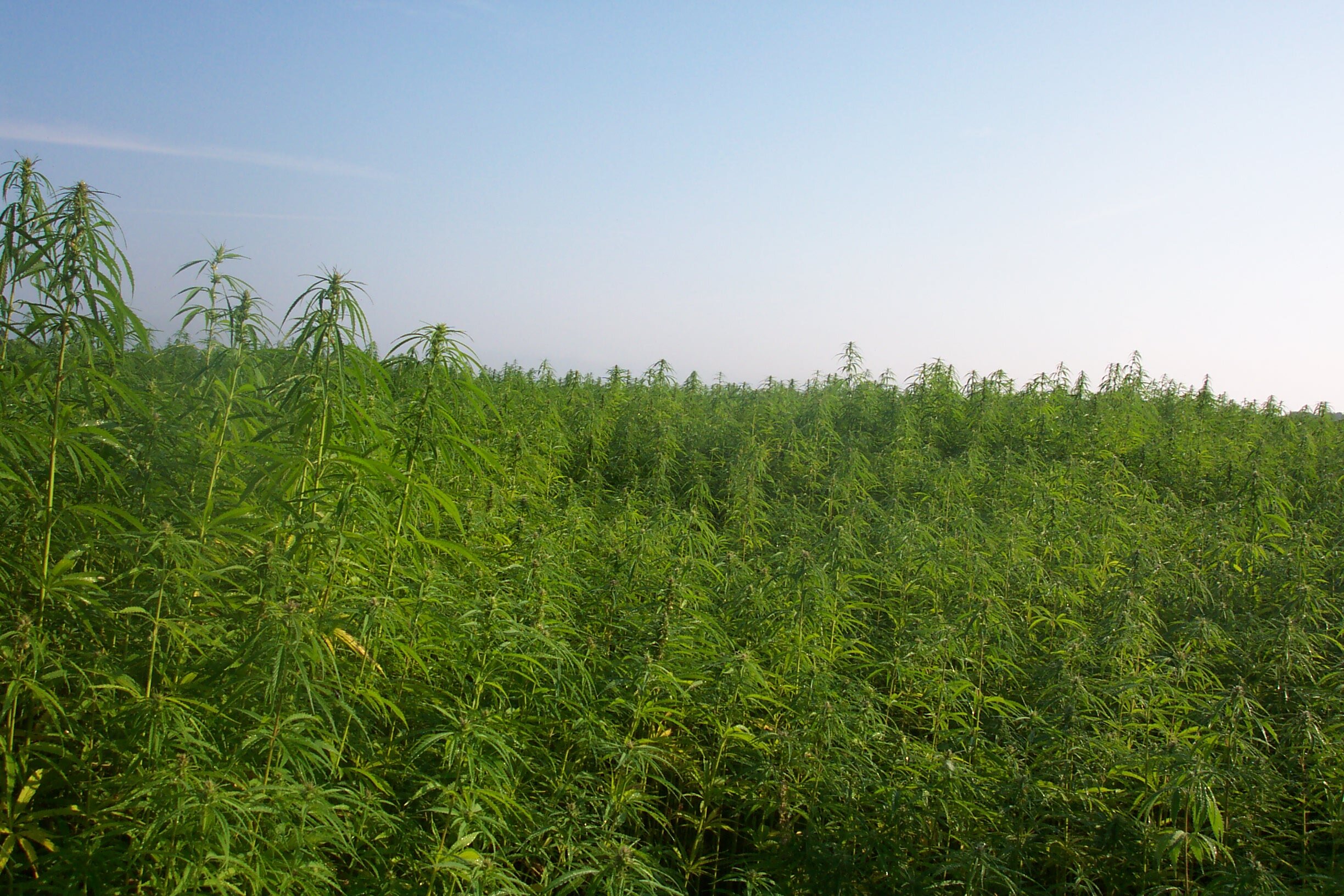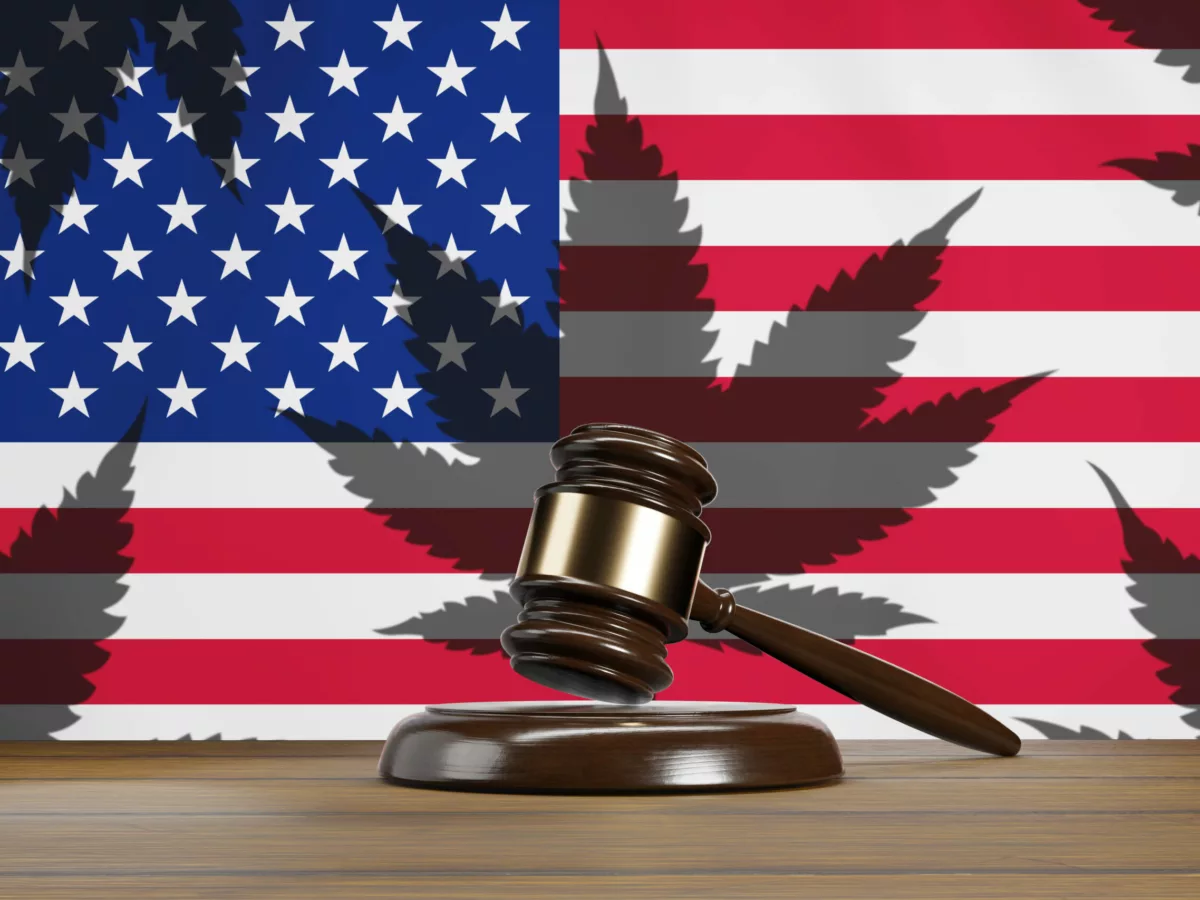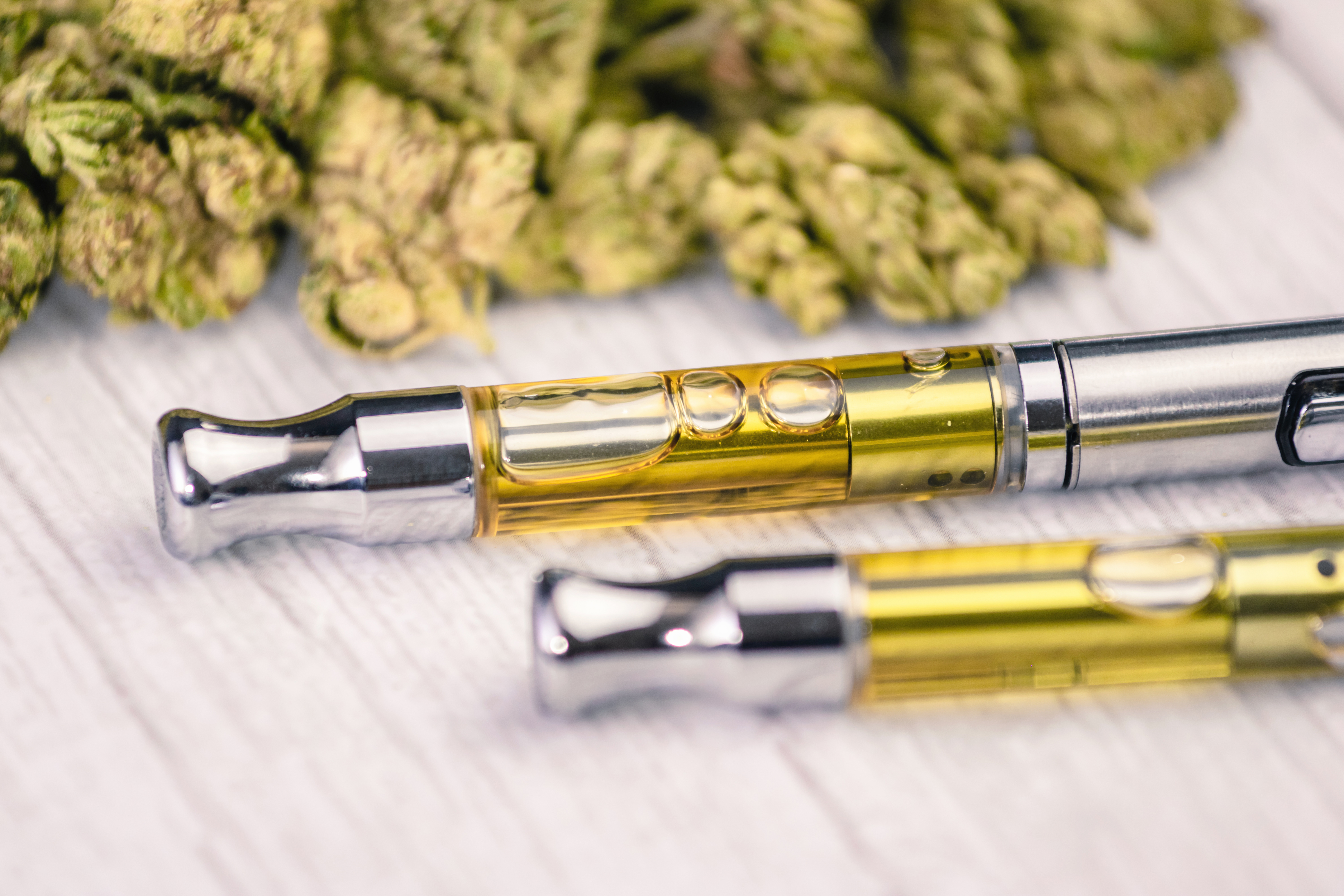While Senators Mark Warner and Tim Kaine of Virginia push for the United States Department of Agriculture (USDA) to speed up its review of Virginia’s Plan to Regulate Hemp Production, Maryland’s move into the world of industrialized hemp remains more circumspect.
Maryland’s Industrial Hemp Research Pilot Program is only now in its second year and is currently accepting applications. Commercial industrialized hemp is still being figured out, and hemp can only be grown in connection with research. So farmers in Maryland who want to grow industrial hemp must have had to partner with a college or university in the state and connect with a research project. Those who are part of the program can also sell their hemp crop when the growing season is over.
Jim Drews of the Maryland Department of Agriculture notes that the Industrial Hemp Research Pilot Program will expand in 2020.
“In its inaugural year, the 2019 Maryland Industrial Hemp Research Pilot Program saw a lot of participation and interest from farmers. In 2019, the program registered 69 sites for projects that partnered with eight different institutions of higher education,” Drews said. “Last year, 1,500 acres and more than one-million square feet of greenhouse space were registered to grow hemp in 20 different counties around the state.”
This year, farmers can be assisted by the Maryland Department of Agriculture, so they do not have to do all of the work themselves to find a university partner.
“To help the hemp pilot program grow in 2020, the Maryland Department of Agriculture has expanded the research opportunities for growers. Growers now have the option to partner with the Maryland Department of Agriculture to grow industrial hemp under a research program or with an institution of higher education,” Drews said.
The application process just opened up on January 28, so Drews could not provide hard numbers on the number of people who want to participate but, “judging by inquiries and attendance at various meetings the interest in producing hemp seems to have grown,” he said.
Hemp production in Maryland became a serious topic of conversation following the 2014 Farm Bill, which approved research into growing and marketing industrial hemp for research purposes. In 2018, the Maryland Legislature passed legislation that reflected the farm bill and that same year, the 2018 Farm Bill changed the regulations surrounding hemp, removing it from Schedule I, essentially separating it from cannabis under the Controlled Substances Act and allowing states to establish their own hemp production plan.
At the beginning of 2018, the Abell Foundation published a report by environmental journalist Rona Kobell titled, “The Case for Hemp in Maryland: A Misunderstood Plant Takes Root Again.” The detailed report argues that Maryland is “an ideal location for a hemp industry,” citing the state’s long growing season, abundance of warehouse space, “a willing workforce,” and proximity to Baltimore-Washington International (BWI) airport. The report explains that Maryland also “has excellent soils on farmland close to Baltimore, which has a world-class port as well as excellent institutions for research, among them Johns Hopkins, the University of Maryland, and Morgan State University.” The report also mentions Maryland Institute College of Art (MICA), “which graduates dozens of students in the fiber arts each year,” and that Under Armour is “interested in a domestic source of fiber to manufacture its clothing stateside.”
In a press release announcing the opening up of applications for Maryland’s 2020 hemp program, Maryland Secretary of Agriculture Joseph Bartenfelder is quoted as saying, “industrial hemp is another opportunity for Maryland farmers to diversify their operations and one more way that we can ensure rural Maryland is open for business.”
That “open for business” line comes from Maryland Republican Governor Larry Hogan. It was what Hogan said back in 2015 when he was elected, and it is even stuck on signs for people to see when they enter the state. (Even fairly staid Baltimore Sun columnist Dan Rodricks called it “cheesy” at the time).
When it comes to hemp, though, Maryland is only slightly open for business, despite pro-business claims and research like Abell’s. While farmers await the finalized USDA regulations surrounding hemp and the 2018 farm bill (and worry about those regulations), Maryland continues operating under the regulations of the 2014 farm bill—an option that runs out in October of this year. What happens after that is still unclear, and the effect maintains “the status quo for another year,” as Lauren Drotleff of Hemp Industry Daily characterized. It also shuts out many farmers who do not have the time or access to navigate growing hemp for research purposes.
2019’s House Bill 1123, which effectively legalized the farming of commercial hemp was signed by Governor Larry Hogan. Sponsored by Delegates David Fraser-Hidalgo and Andrew Cassilly, HB 1123 did not adjust the current hemp research program standards all that much, though it allows for the creation of a Hemp Production Program, and that would let farmers who meet qualifications grow hemp without being part of a research program. That Hemp Production Program is still being figured out and that will continue into 2020.
“The Maryland Department of Agriculture is working on regulations for HB 1123 and will continue to develop a new hemp plan to be submitted to the U.S. Department of Agriculture throughout 2020,” Drews said.
Photo of industrial hemp by Aleks courtesy Creative Commons.






